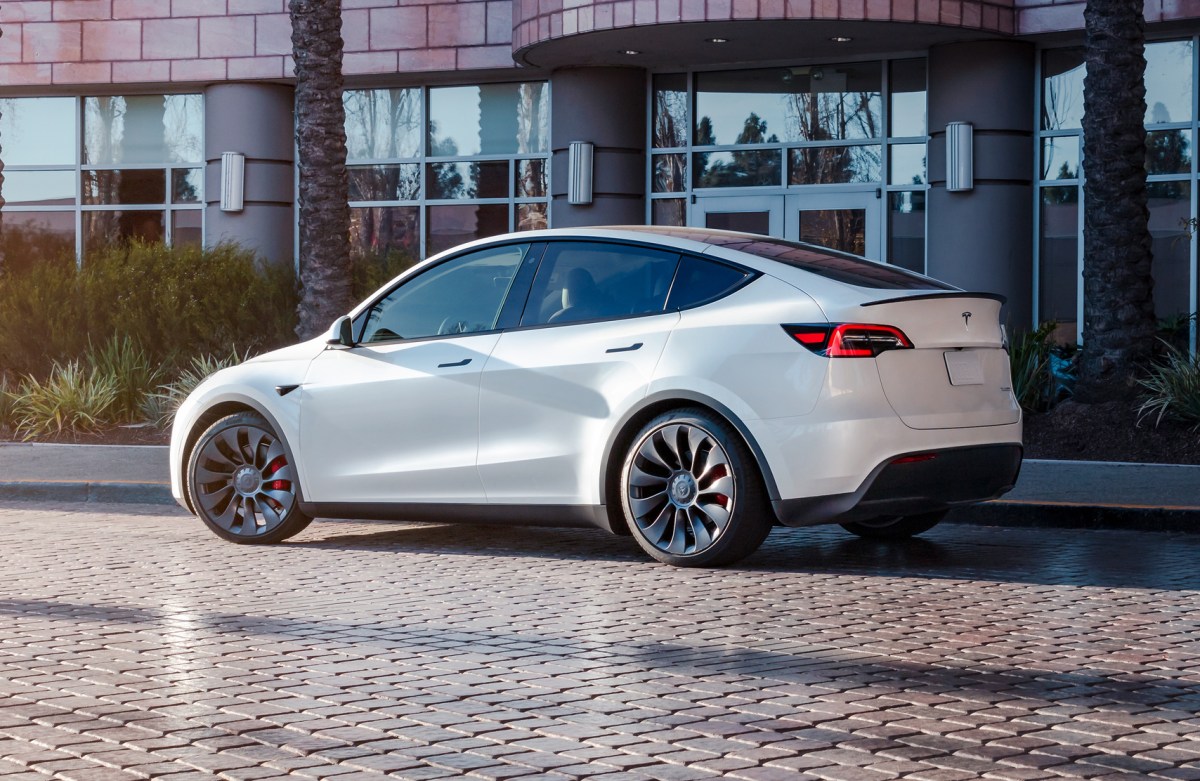Nemo Tensor Ultralight Insulated Sleeping Pad (2024) Review: Unparalleled Comfort
Nemo Equipment’s Tensor sleeping pad was my introduction to ultralight sleeping pads. I’ll confess that when I unwrapped the Tensor (I went for the insulated version) and inflated it for the first time five years ago, I immediately thought of a hiker joke I’d seen on Reddit: Inflatable sleeping pads are for people who want to sleep on the ground, just not right away.
How would this impossibly thin, light, seemingly fragile pad not leave me on the ground after a few nights on the trail? Fast-forward five years and that same sleeping pad has been under me for over 40 nights now, and it still hasn’t left me anywhere but comfortable and well-rested. That’s not to say it can’t fail—many a pad has left me on the ground over the decades, but the Nemo Tensor is still going strong.
Last fall, the company sent me review samples of its new Tensor line, which has been revamped for 2024 and consists of three pads, each with varying degrees of thickness and R-values (how much insulation the pad provides, which I explain in my Best Sleeping Pads guide), tailored to specific backcountry needs.
Three Little Pads
The three pads include the Tensor Trail, which is the lightest but has the lowest R-value; the Tensor All-Season, which has an R-value of 5.4; and the Tensor Extreme Conditions, which boasts a whopping 8.5 R-value and has the highest warmth-to-weight ratio on the market.
All three come in four sizes: regular, regular mummy, regular wide, and long wide. Put it all together and that’s 12 pads to choose from—from a single lineup from one manufacturer. This is why we have an entire guide devoted to sleeping pads to help you pick the best one for your needs.
Photograph: Scott Gilbertson
Two of these pads, the Tensor Trail and Tensor All-Season, are updates. They see marginal temperature boosts, but the construction remains like previous iterations. Nemo still uses a quilt-like design that helps baffles stay inflated and eliminates that springy sensation you get with vertical baffles. The insulation consists of multiple layers of bonded mylar.
The difference in R-value between the Trail and All-Season comes down to how many layers of insulating metal film each pad has. The Trail uses one layer, the All-Season gets two layers, and the Extreme uses four layers of what Nemo calls Thermal Mirror insulation (a metalized film). It also uses a different baffle type (more on that below). Also new this year is the beefier fabric on the bottom of these pads. Nemo now uses 40-denier nylon on the bottom, up from 30D nylon, which makes it more durable. Take that, Reddit funny guy.
Nemo’s new pads are made of Bluesign-approved nylon (Bluesign certification looks at both environmental impact and worker safety) and come with the company’s Vortex pump sack, which works well to inflate your bag via the zero-profile valve. I wish there were a standard for these valves so I could use the Nemo pump sack with other pads, but there isn’t. There’s also a stuff sack to store your pad, with a handy repair kit in the closure flap. The Nemo lifetime warranty covers any manufacturing defects, which is nice, but for more immediate solutions to that much-feared puncture, just remember the repair kit is in the stuff bag.
All-Season All the Way
If you want an all-around sleeping pad that will keep you comfortable not only in the summer but also during those shoulder seasons, the All-Season is the way to go. The All-Season’s second layer of mylar film increases the R-value to 5.4 and adds only 2 ounces of weight. The packed size is nearly the same. At only $30 more for a barely heavier pad with almost double the R-value, I think this is the best sleeping pad for most people out of Nemo’s current Tensor lineup.
Photograph: Scott Gilbertson


